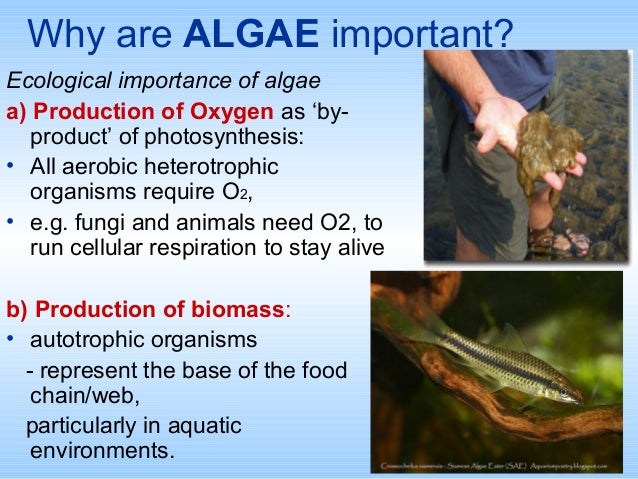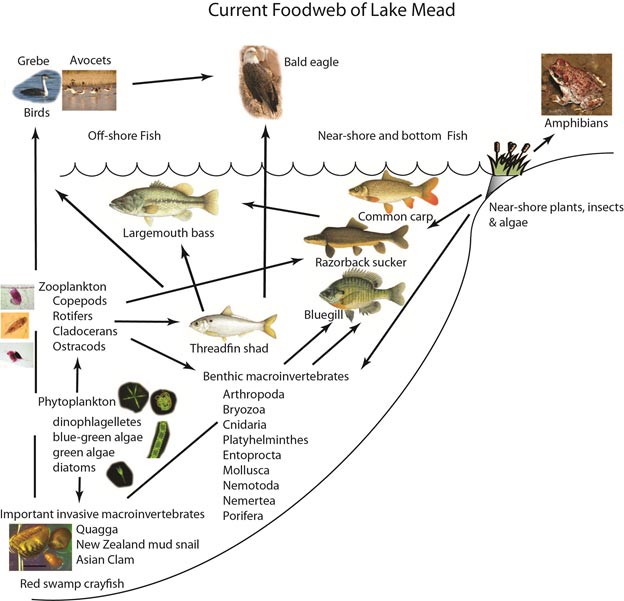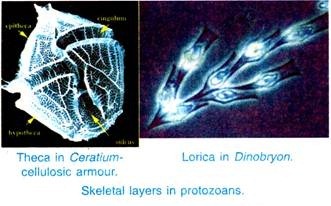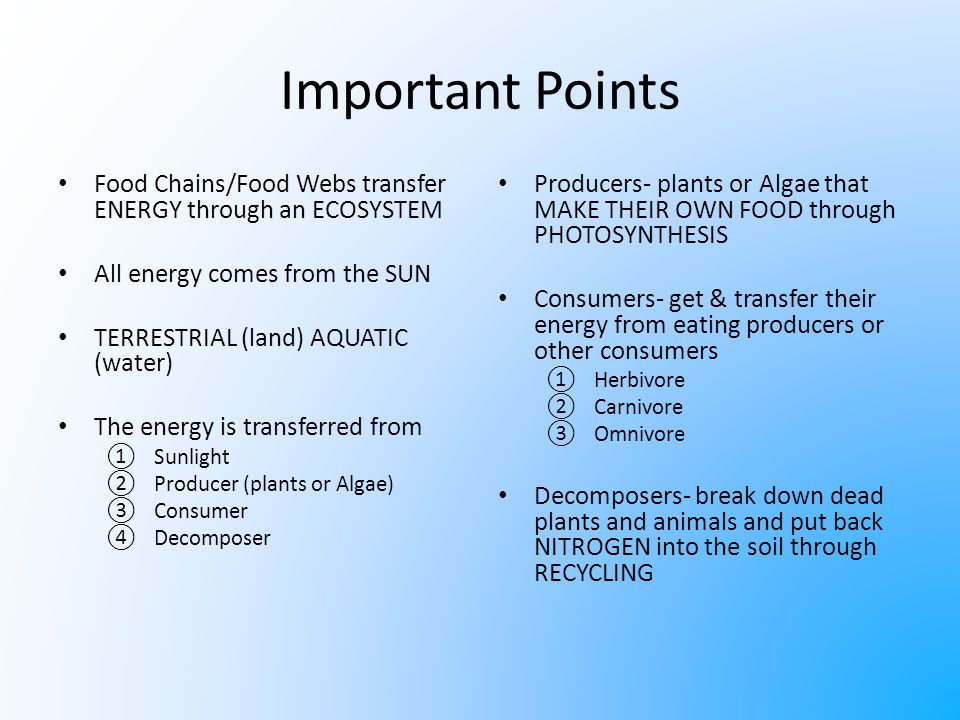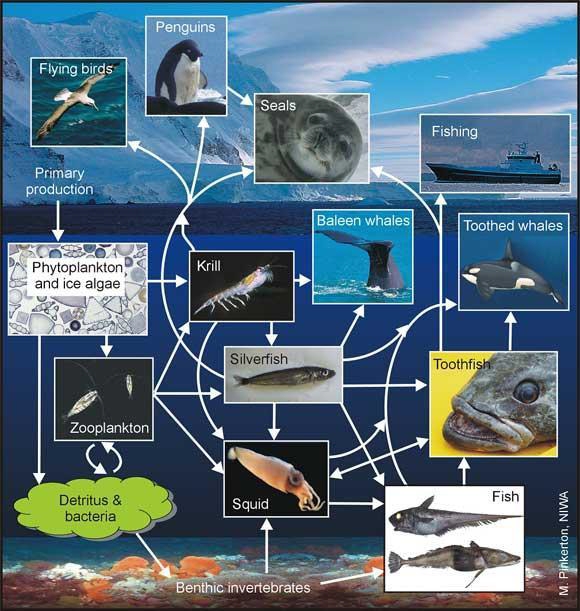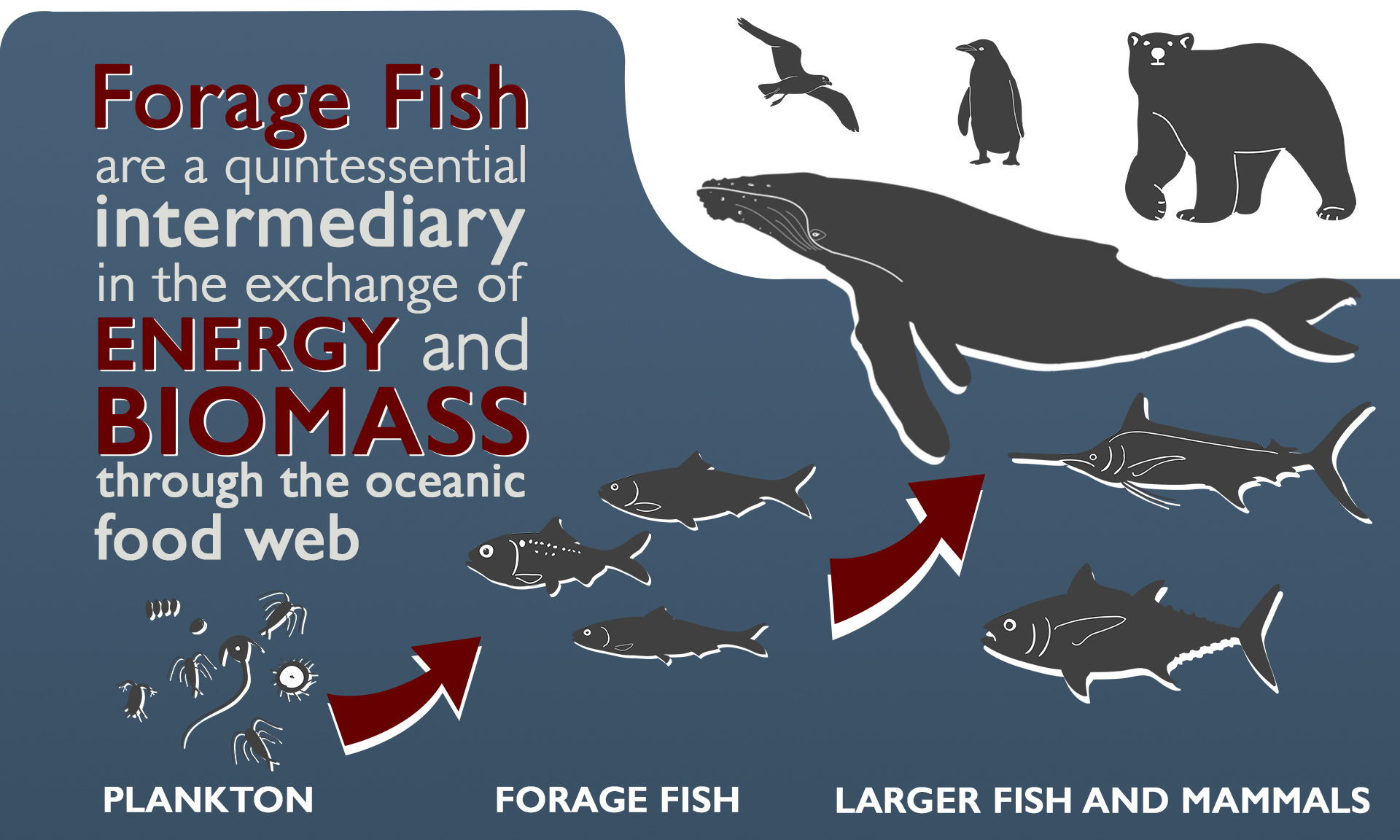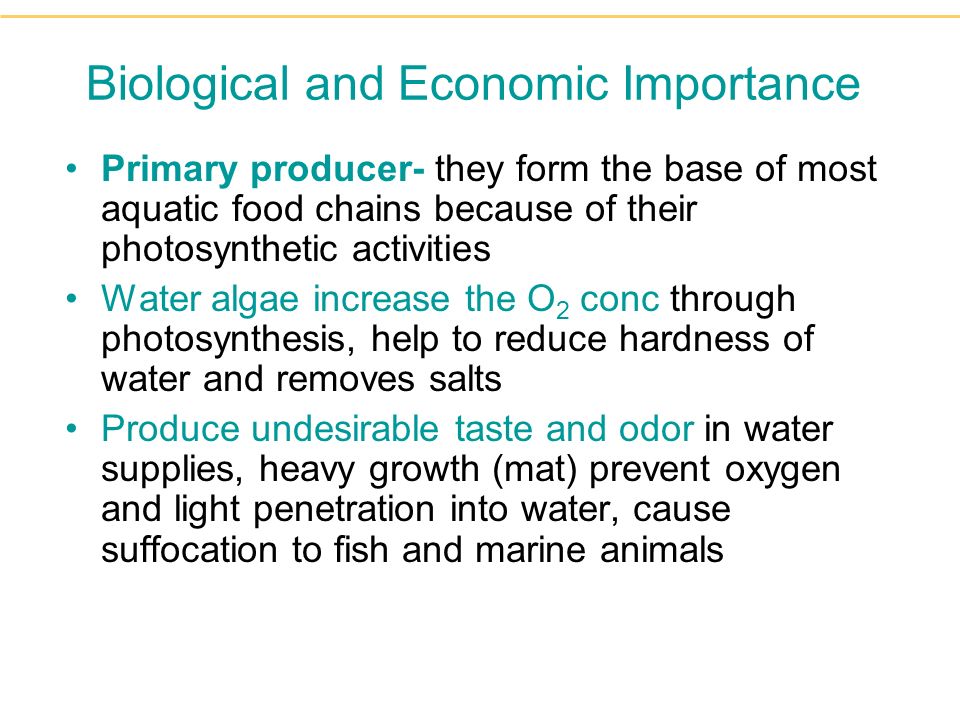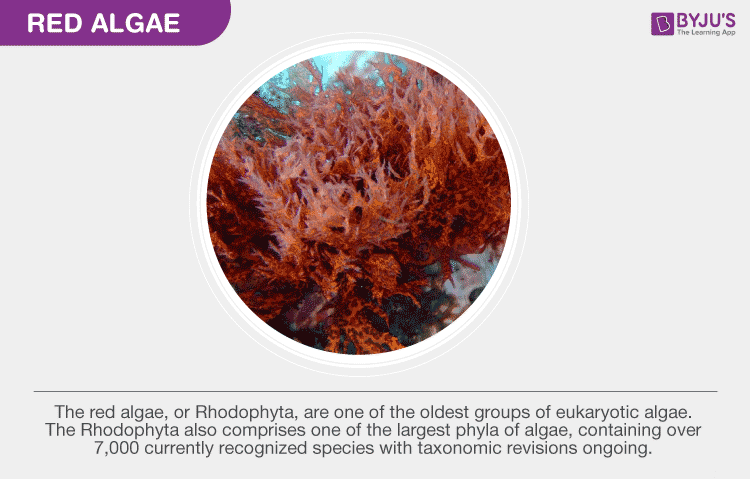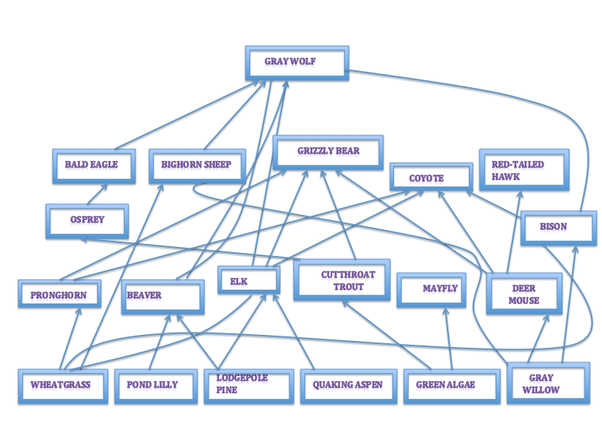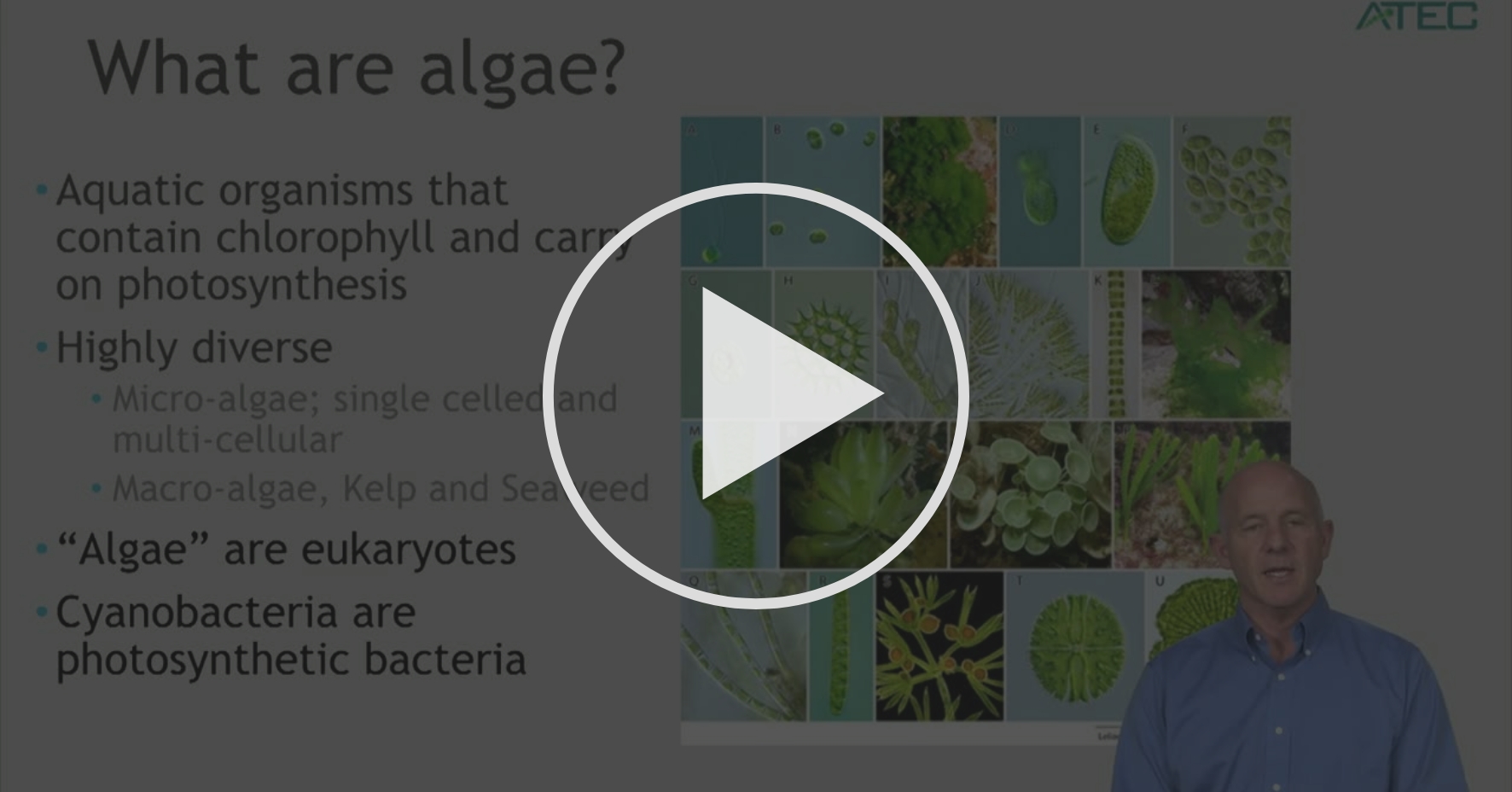Algae Importance Food Chain

Life in the ocean is heavily dependent on algae as the organisms that feed on algae are eaten by larger species ensuring that life continues in the sea.
Algae importance food chain. Algae form organic food molecules from carbon dioxide and water through the process of photosynthesis in which they capture energy from sunlight. Phytoplankton are the base of the food chain and. Thus algae form the foremost and most essential link in the food chain. Algae for as far as the eye can see iwi s strain of algae takes what would otherwise be wasted saltwater desert land and co2 and turns it into something special.
Role of algae in food health and nutrition. Similar to land plants algae are at the base of the food chain and given that plants are virtually absent from the oceans the existence of nearly all marine life including whales seals fishes turtles shrimps lobsters clams octopuses sea stars and worms ultimately depends upon. Algae algae ecological and commercial importance. Then during photosynthesis algae can produce a food for the other organisms in the ocean including small fishes.
Positive aspects of algae are generally less newsworthy they are the basis of marine food webs supporting fisheries and charismatic marine megafauna from albatrosses to whales as well as consuming carbon dioxide and producing oxygen. As the flesh of the land is dependent upon the activities of the green leaf so the fish and other aquatic forms of animal life are dependent directly or indirectly upon algae and fish in turn are important item. Algae occupy the position of producer within a food chain which means that numerous food chains begin with them. Algae synthesize organic food stuffs just as do the plants of the land.
Have started to realize. Support all higher life. Algae that photosynthesize needs the sunlight as their source of energy. Here we consider what algae are their diversity in terms of evolutionary origin size shape and life cycles and their role in the natural environment and in human affairs.
These worms and shrimps become the food of the small fish which in turn are eaten by the bigger fish. Both fresh and salt waters contain an enormous variety of algae which constitute the fundamental or primary link of many diverse food chains. For example farmers who are raising shrimp or catfish can use algae that are rich in protein and oil to replace fish meal in aquaculture diets. Made up of 40 protein it.
They are immensely important because it is a food source to a large number of aquatic animals ranging from tadpoles to fish species such as the catfish and the siamese algae eater. The components of detritus food chain the detritivores include organisms like algae bacteria fungi insects and centipedes. Algae constitute the link of food chain. An advantage of algae production on the farm he observes is that per acre algae yields are much higher than row crops and the return on a per acre basis is considerably higher.
Nevertheless there are some differences. Besides algae can produce oxygen algae also provide food which ensures the survival of the variety of marine lives and balances the cycle of chain food in the ocean. Economic importance 1. For instance like fungi algae are not parasites by nature.
Algae have a close relationship with fungi.








